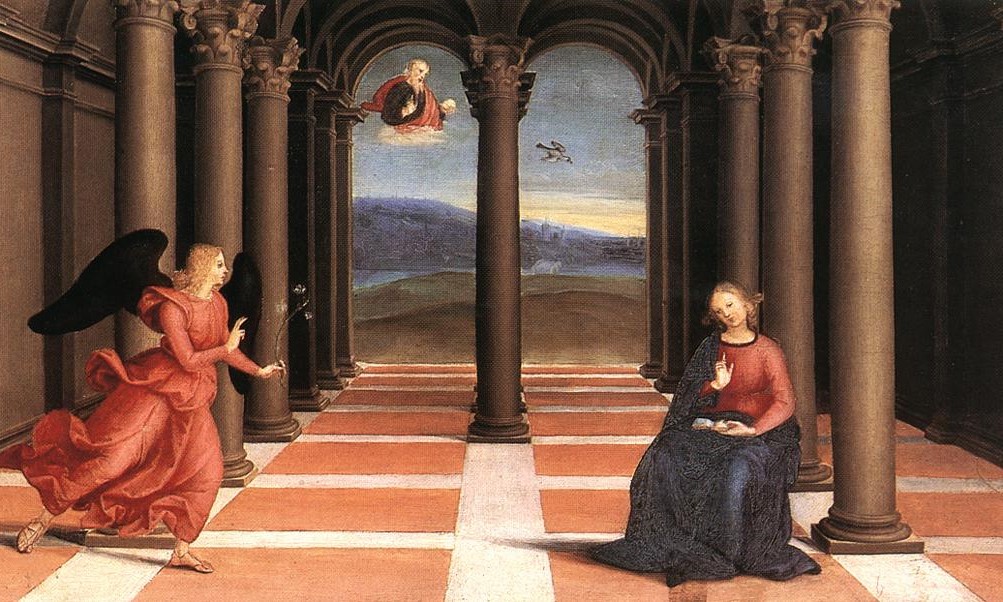As Dominicans, we spend much of our time studying theology. It can be a difficult pursuit, and the end of finals week never fails to provide a certain relief. Nonetheless, study is quite a delight and an integral part of our life. It continues beyond formation for the priesthood and outside of academic institutions as a source of joy and order in our lives. But theology is not just for Dominicans, it is for all Christians. Allow me to explain.
The Church, like all societies, has a governing structure and this includes a set of laws called Canon Law. It regulates everything from marriage to financial matters. There is a section in this code on religious life. Amidst instructions concerning everything from setting up a monastery to who the bishop has to visit, we read:
The first and foremost duty of all religious is to be the contemplation of divine things and assiduous union with God in prayer (CIC 663 §1).
And
The apostolate of all religious consists first of all in the witness of their consecrated life, which they are bound to foster by prayer and penance (CIC 673).
Everything in our life is governed by these canons. Accordingly, our sacred study is a form of the contemplation of divine things, and it must overflow into a witness of a life given over to such contemplation. It is not simply a tool that we use to get results. The success of our study is not measured by how many inquirers we enlighten or how many arguments we win. Instead, study is the manner of life by which we Dominicans live out the contemplation of divine things and assiduous union with God. Our study and mission is a particular way of living the God-centered life.
There are many ways to draw near to God. The liturgy, sacraments, charitable works, study, and the offering of the difficulties of life are all means by which God comes into our lives. These are all to some degree elements of the life of any Christian. As Dominicans, study has a special place in our lives. It is not only Dominicans or religious, however, who draw near to God in this life. All Christians are called to union with God, both on earth and in heaven. For most Christians, this means organizing life around the support of a family rather than around prayer and study, but these latter activities still have a place. Study is not about memorizing doctrines or racking up degrees. It is about coming to know the God who loves us.
So when we hear the word “theology,” we should not think of a dry academic discipline. Nor should we think of a mess of obscure terms and distinctions best left to the erudite interpreters of a deposit of discourse. Instead, we should think of a disciplined search for the face of God. We are not on this earth to study the history of opinions about God, but rather to come to know God himself.
There are many ways that an ordinary Christian can study theology. One could commit to reading a little bit of scripture every day, or add the lives of the saints to their light reading. We can go deeper by reading the fathers of the Church, who first explained the foundations of our faith to the world, or the pronouncements of the Popes and the Councils, who continue to guard the deposit of faith. For those who so desire, systematic study can shed even more light on the mysteries. For example, one could enroll for free in Aquinas 101, or follow the Godsplaining podcast. The study of theology, in all its facets, is an excellent preparation for heaven, where all that we will do is delight in the knowledge of God, and love what we have come to know.
✠
Image: Raphael, The Annunciation (Oddi Altar)







